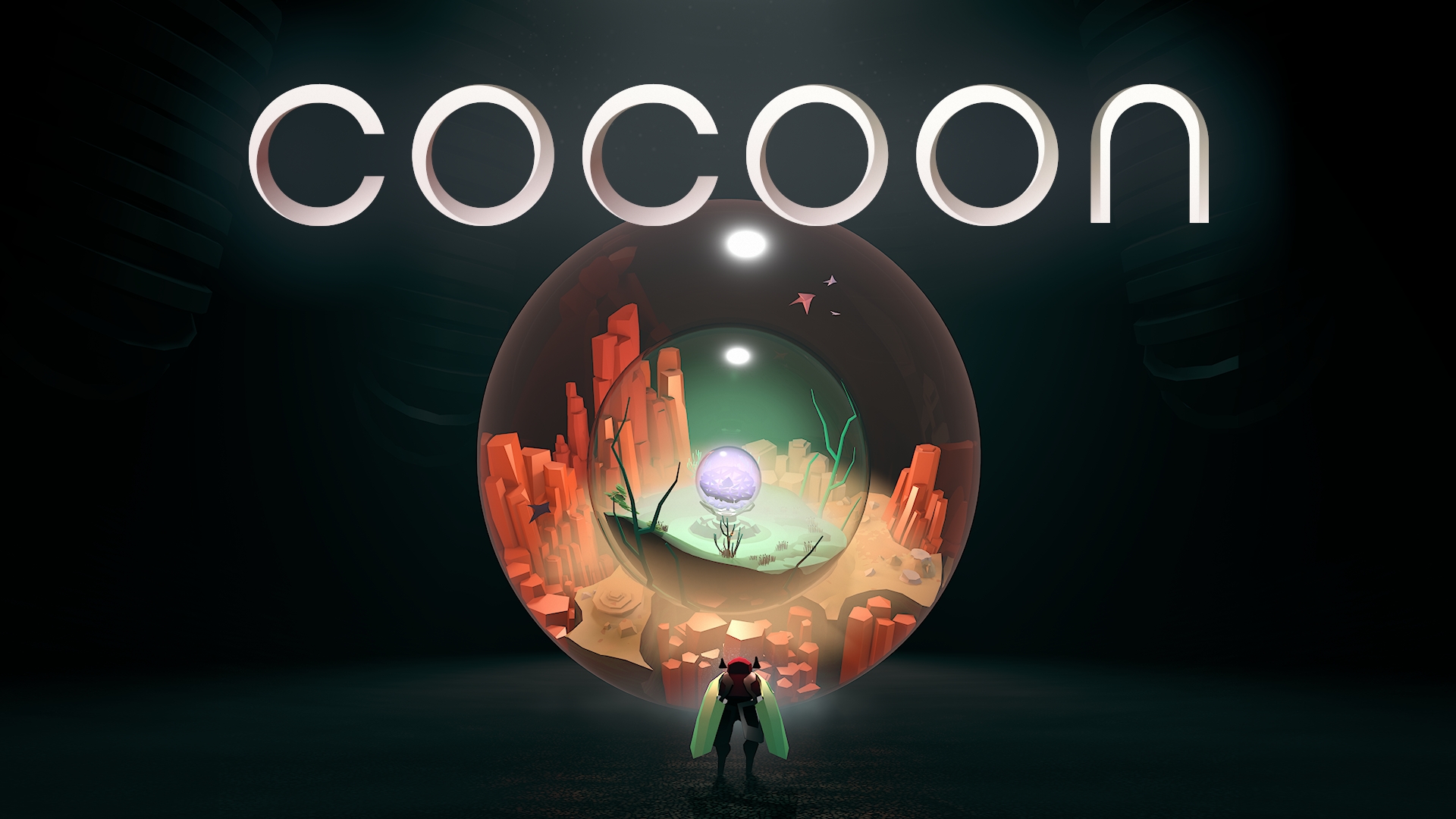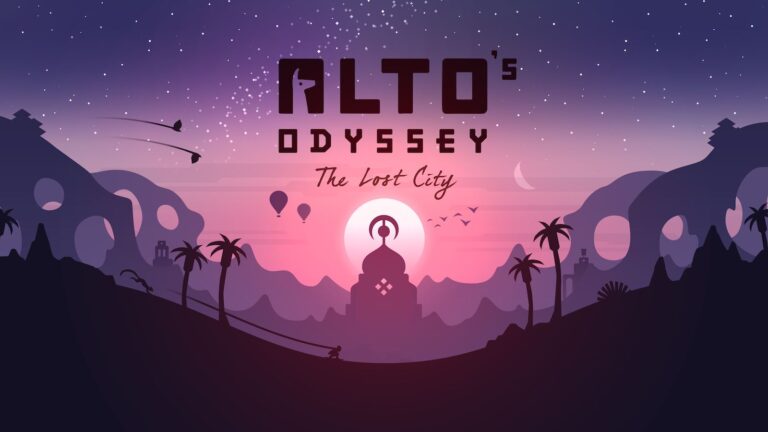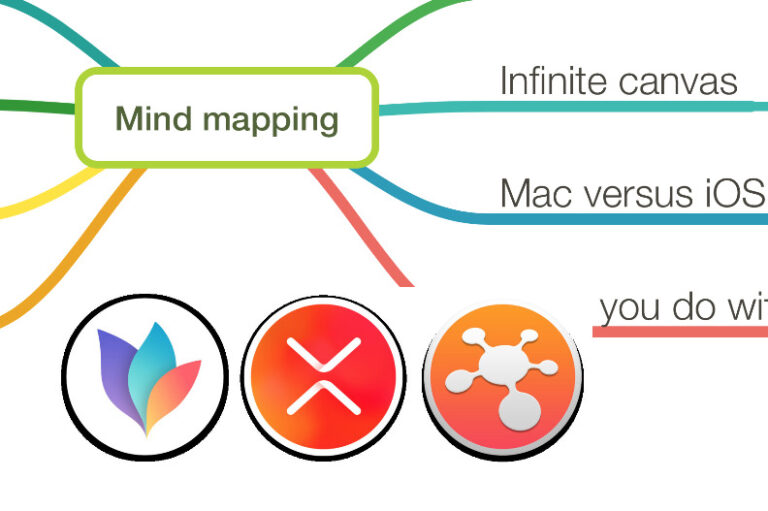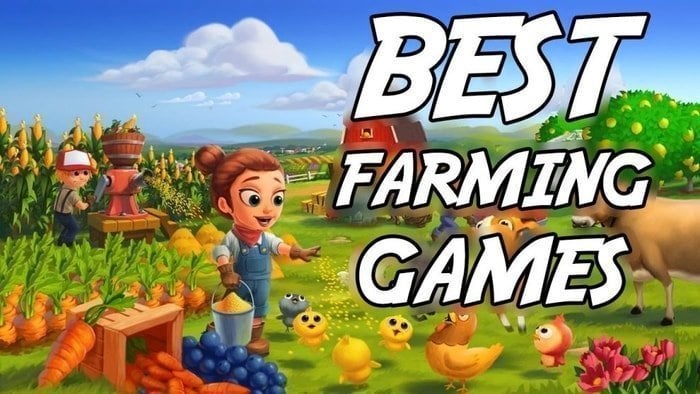10 best choose-your-own-adventure games for branching narratives
Last Updated on June 1, 2024 by Jhonni Jets
Choose-your-own-adventure games have long captivated players by allowing them to direct the story through their decisions. From the classic print books to modern digital incarnations, these branching narratives offer a sense of agency and discovery as outcomes vary based on the paths chosen. While the concept is not new, video game developers have increasingly embraced interactive storytelling in recent years. This article explores 10 of the best choose-your-own-adventure games across multiple platforms that exemplify innovative uses of the format for immersive and engaging experiences.
Unwritten (2017)

Unwritten is an Apple Store-exclusive visual novel developed by Night School Studio that showcases branching narratives done right. Players take on the role of a writer struggling with a crippling case of writer’s block who gains the ability to literally insert himself into the stories he creates. Different outcomes emerge based on the paths and choices made within various fictional worlds. With haunting music and production values that rival many console games, Unwritten uses the choose-your-own-adventure framework to explore topics like creativity and the power of storytelling in well-written and nuanced ways. Its minimalist visuals complement well-paced writing that changes based on choices to deliver a truly personalized experience on each playthrough.
Table of Content
Life Is Strange (2015)

The first season of Dontnod Entertainment’s Life Is Strange is widely considered one of the best narrative-driven games of the last decade. Players control Max, a photography student who discovers she can rewind time. The game deals with complex coming-of-age themes like bullying, trauma, and friendship through a grounded small-town lens. Choices shape Max’s journey and relationships, with branching dialogue trees and many opportunities to alter the course of events both big and small. Multiple endings reflect the culmination of decisions. While the storytelling is not entirely unpredictable, Life Is Strange proves branching narratives can tackle meaningful subject matter when grounded in fully-realized characters. Its impact comes not just from the mystery plot but how it portrays the nuances of human connection and adolescence.
80 Days (2014)

80 Days is a multi-award winning title from Inkle that transports players to the late 19th century as the fictional adventurer Phileas Fogg’s personal secretary. The goal is to guide Fogg on a planned around-the-world journey in less than 80 days by choosing modes of transportation, destinations, and dealing with various obstacles or opportunities along the way. 80 Days immerses the player in a richly detailed fictional Victorian world. Careful planning and strategizing are required to reach the finish within the time limit, leading to various narrative ends. 80 Days is a true showcase for how branching narratives can deliver rich storytelling through choice and consequence rather than a single fixed path.
Fallen London (2009)

Fallen London is a free-to-play browser-based game from Failbetter Games set in a Gothic steampunk version of London lodged beneath the earth after a mysterious catastrophe. Players create a new resident of this sunless city and embark on a journey defined by their actions and the dark secret societies that inhabit every corridor of Fallen London. Choices have real narrative impacts as this haunting world unfolds through vignettes of discovery and intrigue. Over a decade since its inception, Fallen London remains one of the longest running and most elaborate branching narratives in digital form, with factions, character stats and skills, and a bustling in-game economy that together create a sense of persistent community storytelling.
Beyond: Two Souls (2013)

Quantic Dream’s cinematic action-adventure Beyond: Two Souls tells the story of Jodie Holmes, who is connected to a mysterious non-corporeal entity named Aiden. Players control both throughout a life spanning different cultures and locations. Beyond delivers a thoughtful exploration of psychology, identity and human connection through emotive narrative moments shaped by input choices between dialogue options and action sequences. While the storyline progresses along a primarily linear path compared to many other titles on this list, nuanced choices impact how relationships and key plot points unfold. Powerful performances by actors Willem Dafoe and Ellen Page brought the internal struggles of Jodie and her companion to life in innovative ways for a video game.
The Wolf Among Us (2013)

The Wolf Among Us is an episodic graphic adventure game developed by Telltale Games based on the Fables comic book series. Players take on the role of Bigby Wolf, the chief of security for Fabletown, as he investigates a series of brutal murders. Styled as a neo-noir crime procedural, The Wolf Among Us delivers a compelling mystery with high stakes while hiding secret villains around every corner. Decisions carry meaningful narrative consequences that ripple outward, and many choices blur the line between sympathy for the victims and the monsters. Input shapes Bigby’s reputation among both citizens and suspects through branching dialogue options with gray morality. Along with the stunning visual adaptation of the license, The Wolf Among Us ranks amongst Telltale’s best work due to how choice impacts both story and character development.
Sorcery! (2011-2015)

The Sorcery! series from Inkle consists of four RPG adventure books that transport players to a magical version of medieval England. Taking on the role of a young wizard, choices guide spell selection, equipment purchasing, combat strategies, and social interactions needed to emerge victorious against horrific foes or establish alliances in the kingdom. The Sorcery! books recognize choices have meaningful consequences yet maintain an accessible learning curve, with paths leading to one of multiple endings based on how well or poorly the protagonist navigates moral dilemmas and strategic obstacles. Winning requires both clever problem-solving and understanding of Sorcery’s deep lore, making subsequent replays rewarding for finding new secrets. These books translated the feel of polyhedral dice-rolling tabletop campaigns into an engaging digital medium.
Telling Lies (2019)

Telling Lies is a FMV (full motion video) thriller from Sam Barlow, creator of Her Story. Over the course of four years, players slowly uncover the truth behind a vast NSA surveillance database recording by sifting through discovered video clips, emails, and other found footage artifacts. Unlike much of the genre that relies on quick time events, Telling Lies instead gives full agency to explore clues at your own pace and piece together how everything intersects. The rewards come from making your own deductions instead of following a set path. While heavy on plot convolution, Telling Lies shows how the freedom to ingest complex story threads independently leads to a deeply satisfying sense of discovery absent in linear games. Its cinematic yet player-directed approach proved how the format could masterfully marry investigative procedural gameplay with mature branching narratives.
Detroit: Become Human (2018)

Detroit: Become Human from Quantic Dream puts players in control of three distinctly different androids — Kara, Connor, and Markus — in a near-future version of the embattled city. Choices impact not only how their individual stories progress, but also influence the overarching plot dealing with android rights and sentience. Skilled acting performances communicate nuanced, emotionally impactful interactions. Detroit masterfully builds tension through these branching narratives by demonstrating how isolated choices catalyze unexpected chain reactions. Outcomes range from dystopian collapse to hopeful coexistence based on collected evidence, tactical approaches to obstacles, and moral stances taken throughout. Few games to date have delivered such an epic branching narrative experience of this scope informed by the butterfly effects of player impact.
Cocoon (2016)

Cocoon is an experimental indie adventure game focused entirely on choice-based storytelling with hand-drawn visuals. Playing as three differently aged individuals in a quiet rural town, decisions range from mundane daily tasks to those with serious existential bent. Unlike many games structured around solving puzzles or fighting, progression happens through thoughtful conversation and living out moments that build to bigger themes around aging, legacy, and community. Success comes from piecing together each character’s quiet hopes and fears, not survival stats. Cocoon reminds players that branching narratives achieve fullest potential when choices create relatable characters and poignant vignettes over action-oriented spectacle or climaxes. Its minimalistic yet deeply empathetic view of ordinary lives leaves a profound impression through player reflection on shared humanity.
Conclusion
As this overview of 10 notable choose-your-own-adventure games across mediums demonstrates, the potential of branching narratives is being continually pushed in innovative new directions. From intimate character studies and investigative thrillers to sprawling epics unfolding across worlds, these titles illustrate how choice-driven storytelling can deliver impactful themes when grounded in memorable settings and personalities. Whether catering to desire for adventure, mystery, or deeper issues, the best utilize consequences to transform each experience into something singular while maintaining coherence. Interactive fiction continues evolving as a storytelling medium by recognizing players thrive on agency and discovery just as much as pre-determined conclusions. With expanding horizons in technology and design, the future remains bright for choose-your-own-adventure games.







